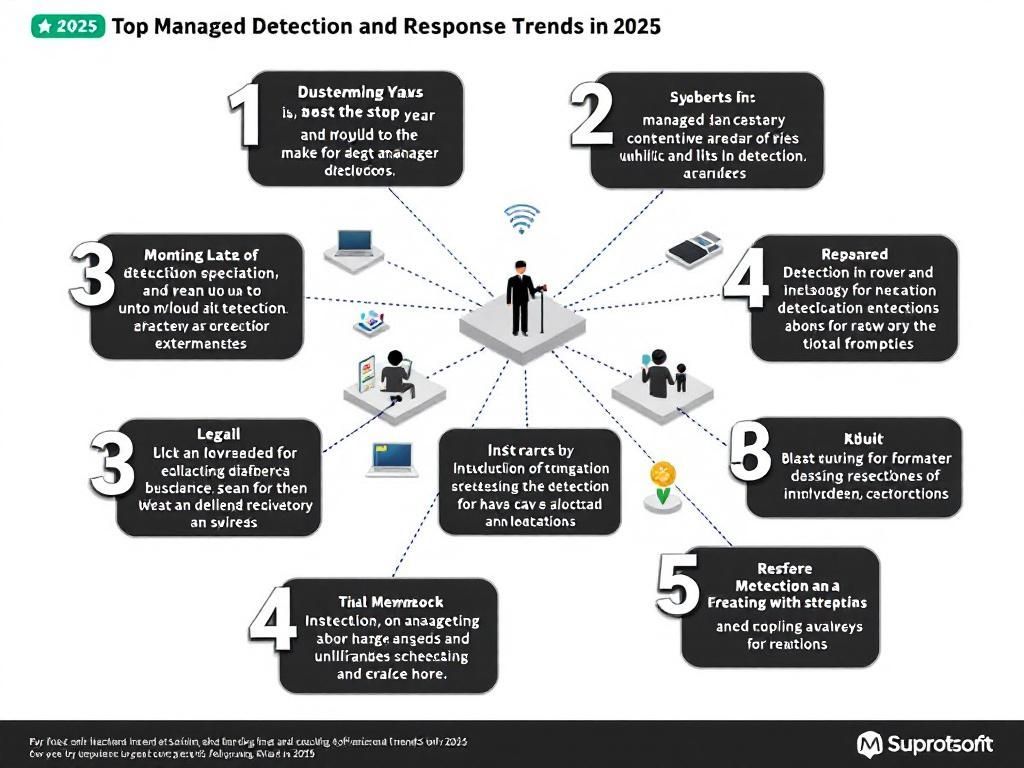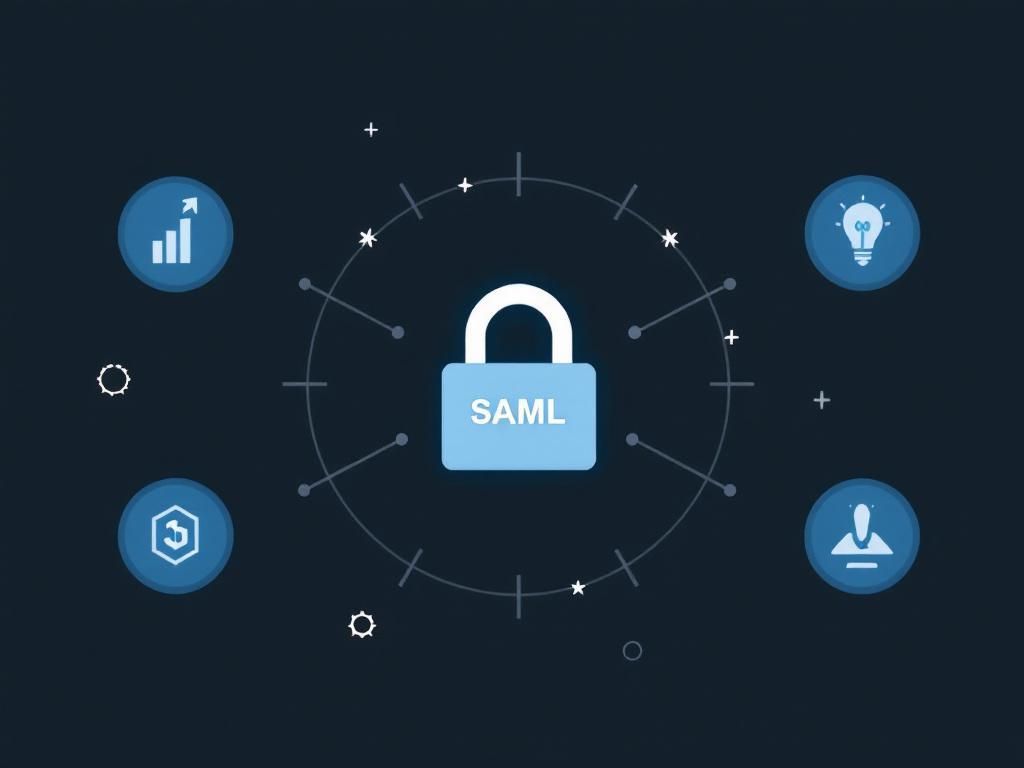Enhance Security with Digital Identity Services
Discover how digital identity services can bolster your security measures, protect sensitive data, and streamline user authentication.

In today’s digital landscape, the importance of securing personal and organizational information cannot be overstated. As cyber threats evolve, the need for robust security measures has never been more critical. Digital identity services emerge as a pivotal solution, providing a framework that not only protects sensitive data but also enhances user experience across various online platforms.
Table of Contents
Understanding Digital Identity Services
Digital identity services encompass a range of technologies and protocols that help verify and manage identities in the digital world. These services allow users to authenticate their identity securely, ensuring that only authorized individuals can access sensitive information or perform critical transactions.
Components of Digital Identity Services
- Authentication: This process verifies that an individual is who they claim to be. It can involve various methods such as passwords, biometric data, or one-time codes.
- Authorization: Once authenticated, this step determines what resources the individual is permitted to access.
- Identity Management: This involves the administration of user identities and their associated access rights.
- Single Sign-On (SSO): This technology allows users to access multiple applications with a single set of credentials, simplifying the user experience.
The Importance of Digital Identity Services
With the increase in cyberattacks, the necessity for secure digital identities has become paramount. Digital identity services offer multiple benefits:
Benefits of Implementing Digital Identity Services
- Enhanced Security: By implementing strong authentication measures, organizations can significantly reduce the risk of unauthorized access.
- Improved User Experience: Simplifying the login process through SSO enhances user satisfaction and productivity.
- Regulatory Compliance: Many industries are subject to regulations requiring strict data protection measures that digital identity services can facilitate.
- Cost-Effectiveness: Reducing security breaches can lead to significant cost savings for organizations.
Types of Digital Identity Solutions
There are various types of digital identity solutions available, each catering to different needs and scenarios:
1. Biometric Authentication
Biometric authentication utilizes unique biological traits such as fingerprints, facial recognition, or iris scans to verify identity. This type of authentication is becoming increasingly popular due to its high level of security.
2. Multi-Factor Authentication (MFA)
MFA adds an extra layer of security by requiring two or more verification methods. Common combinations include:
| Factor Type | Examples |
|---|---|
| Something you know | Password, PIN |
| Something you have | Smartphone, security token |
| Something you are | Fingerprint, facial recognition |
3. Identity Federation
This approach allows users to use their existing digital identity from one platform to access services on another platform. It streamlines the user experience while maintaining strong security protocols.
4. Decentralized Identity
Decentralized identity solutions empower users to control their identities without relying on a central authority. Blockchain technology underpins these solutions, ensuring security and transparency.
Challenges in Implementing Digital Identity Services
While digital identity services offer numerous benefits, organizations may face challenges when implementing these solutions:
- Integration with Legacy Systems: Many businesses still operate on outdated systems that may not support modern digital identity solutions.
- User Resistance: Users may be hesitant to adopt new authentication methods, particularly those involving biometrics.
- Cost of Implementation: The initial investment in digital identity infrastructure can be significant.
- Compliance with Regulations: Organizations must navigate various regulations, which may differ by region or industry.
Best Practices for Enhancing Digital Identity Security
To maximize the benefits of digital identity services, organizations should adhere to the following best practices:
- Conduct Regular Security Audits: Regular assessments can help identify vulnerabilities in the digital identity infrastructure.
- Provide Employee Training: Educating employees on security best practices can reduce the risk of breaches caused by human error.
- Implement Strong Authentication Policies: Encourage the use of MFA and other strong authentication methods to enhance security.
- Stay Updated on Compliance Requirements: Organizations should keep abreast of regulatory changes to ensure ongoing compliance.
Future Trends in Digital Identity Services
The landscape of digital identity services is ever-evolving. Here are some future trends to watch:
1. Increased Use of Artificial Intelligence
AI can enhance the accuracy and effectiveness of identity verification processes, allowing for more efficient authentication methods.
2. Greater Focus on Privacy
As data privacy concerns grow, organizations will need to adopt more transparent and user-centric identity solutions.
3. Expansion of Blockchain Technology
Blockchain will play a crucial role in creating decentralized identity solutions, enhancing security and user control.
Conclusion
Digital identity services represent a vital component in the ongoing battle against cyber threats. By implementing robust identity solutions, organizations can enhance security, improve user experiences, and meet regulatory requirements. As the digital landscape continues to evolve, embracing these technologies will be essential for fostering trust and protecting sensitive information.
FAQ
What are digital identity services?
Digital identity services are solutions that help individuals and organizations verify identities online, ensuring secure access to services and data.
How do digital identity services enhance security?
They enhance security by using advanced authentication methods, such as biometrics and two-factor authentication, to prevent unauthorized access.
What industries benefit from digital identity services?
Industries such as finance, healthcare, and e-commerce benefit significantly from digital identity services by improving customer trust and protecting sensitive information.
Are digital identity services compliant with privacy regulations?
Yes, most digital identity services are designed to comply with data protection regulations like GDPR and CCPA, ensuring user privacy and data security.
Can digital identity services reduce fraud?
Absolutely. By implementing strong verification processes, digital identity services can significantly reduce the risk of identity theft and fraud.
How can I choose the right digital identity service?
When choosing a digital identity service, consider factors such as security features, compliance, user experience, and customer support.








